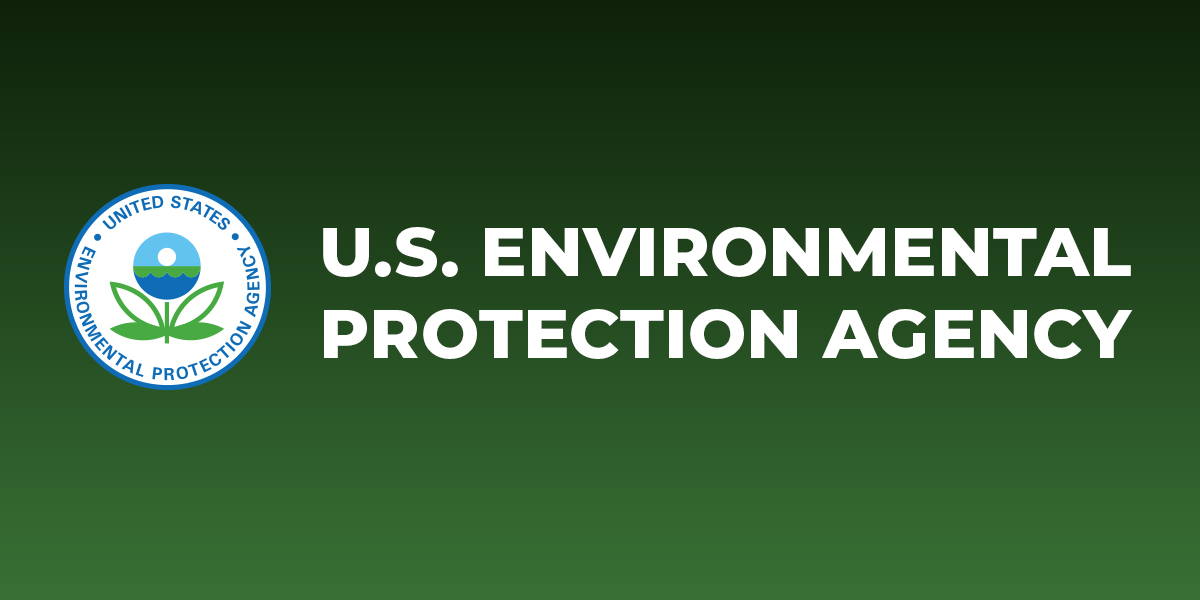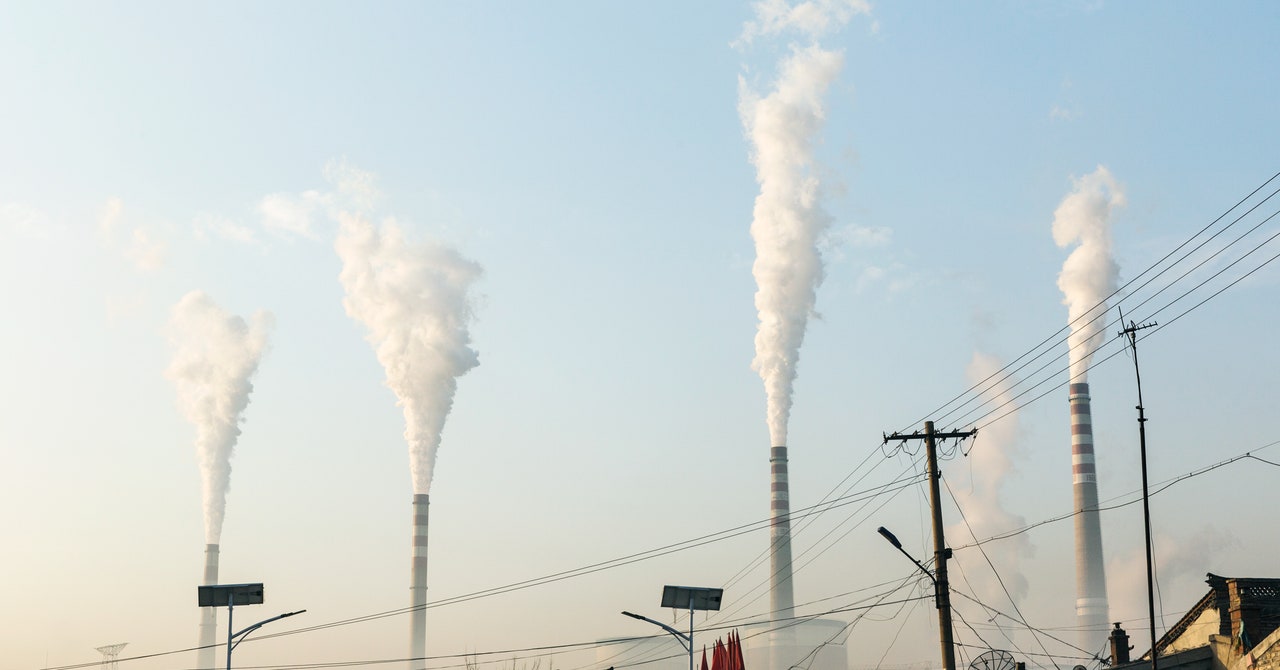Yes. Energy Star is fundamentally an public information campaign to separate the low efficiency from the high efficiency models. Example in computing: Energy Star rated computers required active power factor correction (>70% efficiency) when the bulk of computers had passive (<50%). 80plus came along and created a private (as opposed to public) race for higher efficiency than Energy Star required.
Because the EPA/CARB/NHTSB were getting massive push back from automakers like Ford, GM, Chrysler, Toyota, Nissan, Daimler, etc. that, to reach the new targets imposed on them, would have to take drastic measures severely increasing the costs to consumers which would depress their ability to sell vehicles/remain profitable. They basically won that argument that the new standards represented undue burden so EPA/NHTSB went into a holding pattern for years reevaluating things and now you see the new outcome: 40.4 mpg.
Even at that number, all of these manufacturers are going to have to debut more hybrid and/or electric models...which has problems of its own (like battery availability). 46.7 mpg is impossible when the vast majority of new vehicles sold are crossovers and pickups. They're doing great to hit 35 mpg. For example, the most fuel efficient pickup in the USA is the Ram with the EcoDiesel and that comes in at about 33 mpg. Thing is, widespread diesel use creates problems in the supply chain which is set up to provide gasoline for personal use and diesel for commercial use. Diesels also have problems in nothern states because of the fuel gelling. That directly translates into customer complaints which, in turn, basically mandates these picks need fuel cell heaters to combat gelling. Diesel, like electric, is seen as taboo by a lot of Americans for these reasons.
It really comes down to physics and how much energy one can reasonably extract from the fuel source. We're already moving to forced induction and transmissions with a lot more ratios...the only option left for ICEs is tighter engineering tolerances which means more rejected parts that won't pass quality controls. Every rejected part means more roll away cost.
Just because a government demands something doesn't mean it's physically or economically possible...
As to your question... a curious thought came to mind: CO2 should have seen significant flattening because of the massive reduction in transportation and production thanks to COVID-19, yeah?
GML conducts research on greenhouse gas and carbon cycle feedbacks, changes in aerosols, and surface radiation, and recovery of stratospheric ozone.
www.esrl.noaa.gov
Apparently not. How curious. Without statistical analysis, that actually looks like a bigger jump than a year ago...
CH4 appears to have been impacted...at least...but it's really too easy to tell:
GML conducts research on greenhouse gas and carbon cycle feedbacks, changes in aerosols, and surface radiation, and recovery of stratospheric ozone.
www.esrl.noaa.gov
Most of the reductions from USA have likely been from switching from coal electricity to natural gas:
CO₂ emissions in the U.S. have reduced by more than 20 percent when compared to 2005 levels to less than five GtCO₂ per year.

www.statista.com
Note: big dip was caused by the Great Recession.
Aside from that, how does one even reduce CO2 emissions that's economically viable?
Sources of greenhouse gas emissions, inculding electricity production, tranportation, industry, agriculture, and forestry.

www.epa.gov
Transportation is #1 and it really can't be helped until there's a breakthrough.
Electricity is #2 and it is falling year over year because the fleet of coal power plants is diminishing. It'd fall a lot faster if we were building nuclear power plants...but...that's got problems of its own in terms of start up costs and NIMBY.
The rest, I don't know how you'd reduce without creating other problems (e.g. displacement of industry, food shortages, etc.).










 Because all things considered, the Kyoto (climate) agreement is not exactly set in stone or definitive in its solution either...
Because all things considered, the Kyoto (climate) agreement is not exactly set in stone or definitive in its solution either...






